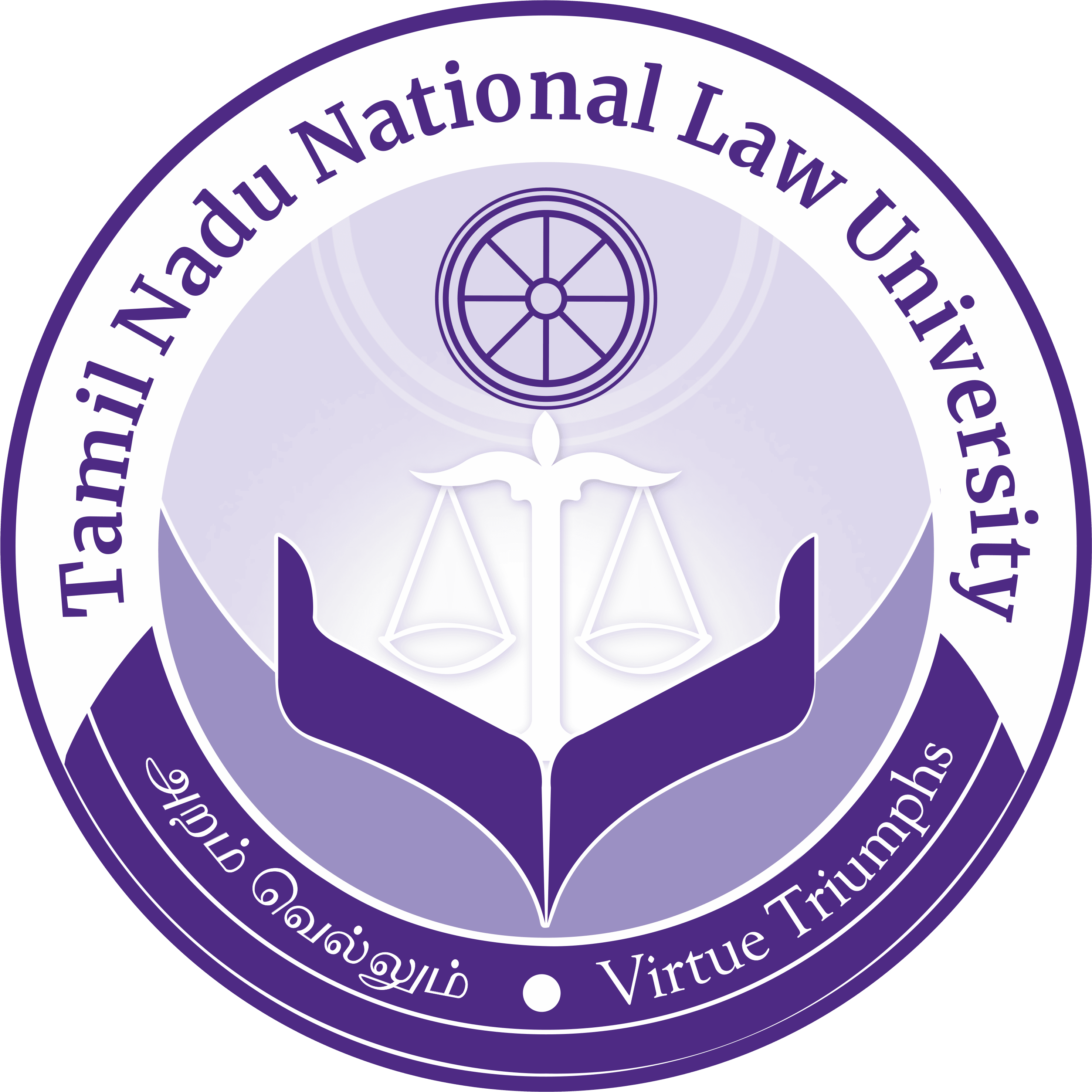This page is under the process of updation.
This page is under the process of updation.
This page is under the process of updation.
This page is under the process of updation.
This page is under the process of updation.
This page is under the process of updation.
This page is under the process of updation.

